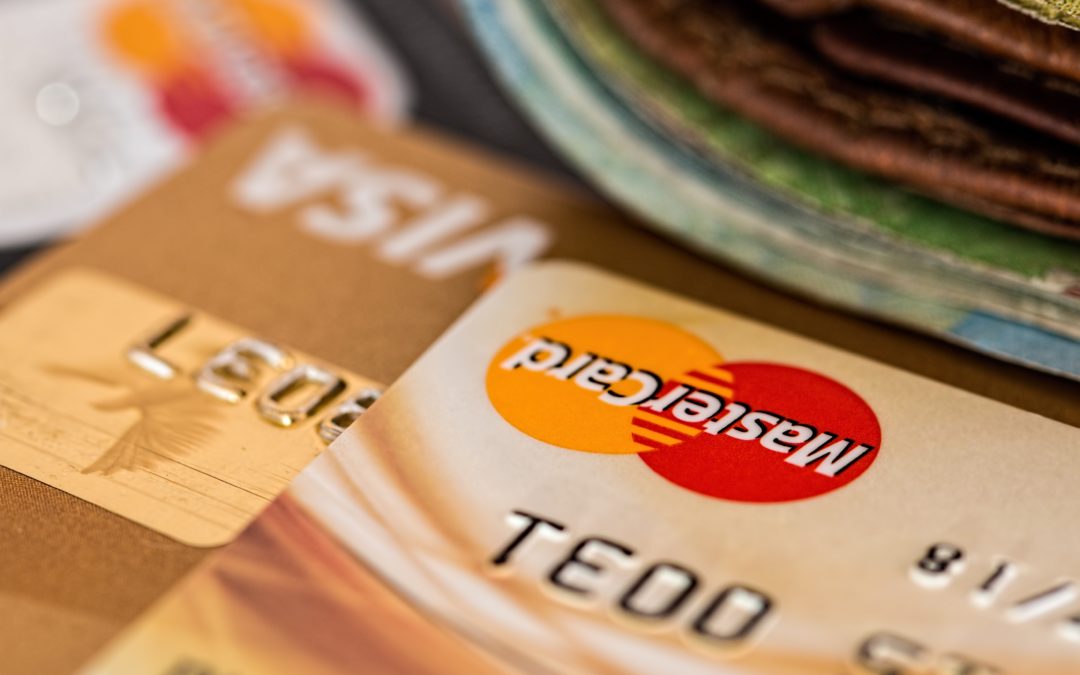After registering in the municipality, you will be given a document confirming that you are registered and have social insurance. You will need this document until CPR card (sygesikringskort) arrives at your address. With this document you can already open a bank account. Since April 2014, major Danish banks have started using a new account opening procedure for people who are new to the country and open their first account.
When choosing a bank
Choosing a bank is not difficult, but you should pay attention to some elements. According to the Danish TV2 Channel Survey conducted in 2013, the highest rates for bank services are Danske Bank, but with this bank account in your name in fx Poland, money between the two countries can be transferred within 1 day and without additional charges. In Denmark, this bank has 630 customer service outlets.
If you do not need this function, we recommend Nordea. This bank has 340 customer service offices, is the second largest in Denmark and 7th in terms of bank charges.
The third largest is Jyske Bank, which has 110 bank branches in Denmark and is ranked 10th in by size of fees.
Please note that as banks continue to compete with each other, rates may change over time, so we recommend looking for more information about Danish banks on the RelBanks page (in English).
Documents required for opening an account:
- The passport or driving licence (some banks do not accept ID cards and requires a passport or driving licence for identification);
- EU registration certificate;
- CPR number issued by the Borgerservice or yellow health insurance card (Den gule Sygesikringskort).
Usually banks require that at least 2 documents contain the same address in order to avoid any doubt to which address the necessary documents should be sent.
Bank account opening process:
- When you arrive at any of the banks, you will need to provide the documents listed above.
- A bank employee makes copies of all documents and sends them for document evaluation. This is done to ensure whether or not a person has handled all the documents and can open an account.
- Within five days, the bank checks the documents, opens an account and sends a contract to you, along with a return envelope.
- The signed contract has to be placed in the return envelope, then be sent back to the bank or delivered personally to the nearest bank. If you do not do this within 14 days, the bank will block the account and you will have to start over again.
- When you open an account, the bank orders and sends you a standard payment card, and a couple of days later sends a letter with the card PIN code and activation instructions. The annual fee for a standard Nordea card is 240 DKK.
- In addition, the bank may also issue a NEM ID card to you for access to electronic banking and other systems.
Bank’s refusal to open the account
Many of the newly arrived foreigners often complain about the bank’s refusal to open a simple bank account for salary payments. Below we will provide information on the rules governing banking activities and the requirements for opening accounts. Information is interpreted in accordance with the rules in force (November 2014).
In August 2013, a new law “on the prevention of money laundering and terrorist financing” came into force in Denmark, i.e. new rules for assessing customer risk factors.
The law instructs banks to always confirm the customer’s identity and “know” the customer, but the guidelines for identification and identity validation are not unilaterally approved. This means that employees are given the right to assess the risk factors themselves, which leads to misunderstandings. Some bankers ask for a health insurance card (Sygesikringskortet) when opening an account, which can sometimes take longer than expected. Elsewhere, a Danish address is also required, which is also not mentioned in the rules.
These requests are not supported by a procedure prescribed by law and, in the absence of the possibility to comply with them, should be challenged on the basis of references to existing legislation.
Banks’ lack of interest in opening accounts to ordinary customers can also be explained by the fact that customers do not benefit from having low deposits and usually cost banks additional administrative costs. The problem is, in addition, that the bankers themselves do not know the new rules that are not clearly defined for them.
The truth is that banks have no right to prohibit a person from opening a “simple” account for salaries. This is stated in Section 5, §20 of the “Law on Good Business Practices for Financial Enterprises”.
Quote (unofficial translation):
§ 20. A financial institution may not refuse to register a “simple” account without individual and objective justification. At the customer’s request, a written or other “durable” response must be provided.
For your benefit, there is a hint in the law precisely which information should satisfy the bank, so if you take it to the bank, along with the mentioned copy of good business practice §20, there should be no misunderstanding. Information translated from Financial Supervisory Authority (Finanstilsynet) section 10.2.1:
Private customers will be required:
- Identification (name, address and social security card number or similar identification if no CPR is available) (..)
- Business objectives and the expected time period (..)
This means you need to have with you:
- A valid passport
- Residence declaration
- Social Security Number (Not necessarily a card, also a written or digital proof from the Tax Inspectorate (SKAT)
- Employment contract
If the bank still refuses to open an account, you should request a written response from the bank’s employee and the bank’s stamp and address, telephone number and description of the bank’s appeal.

